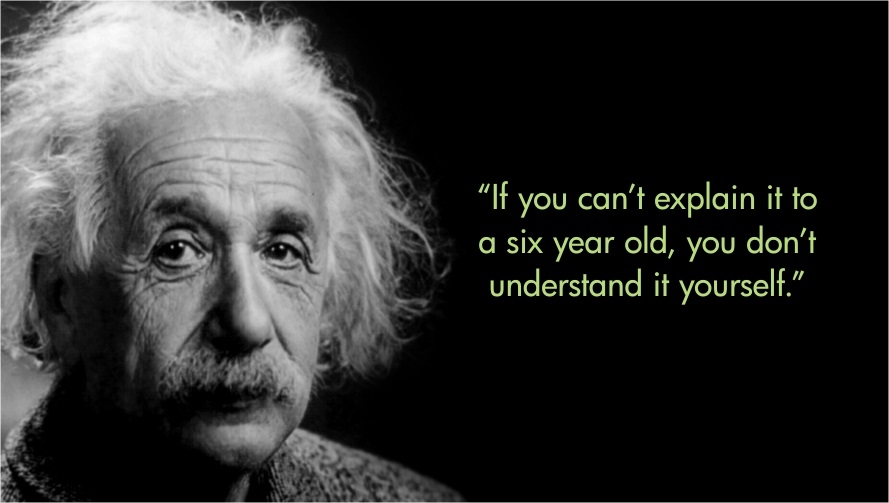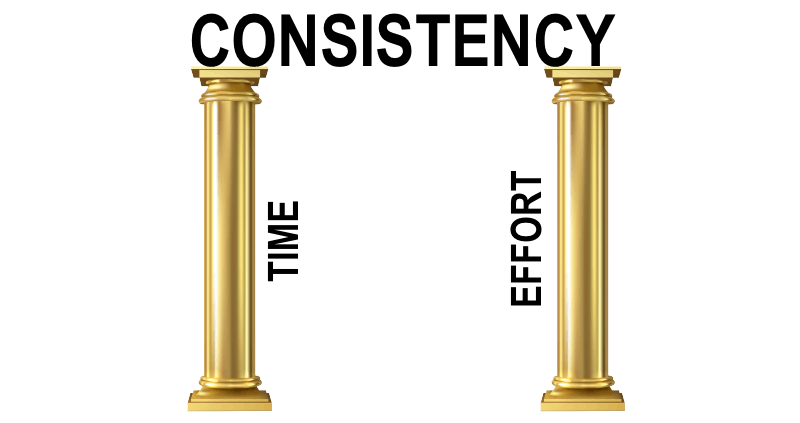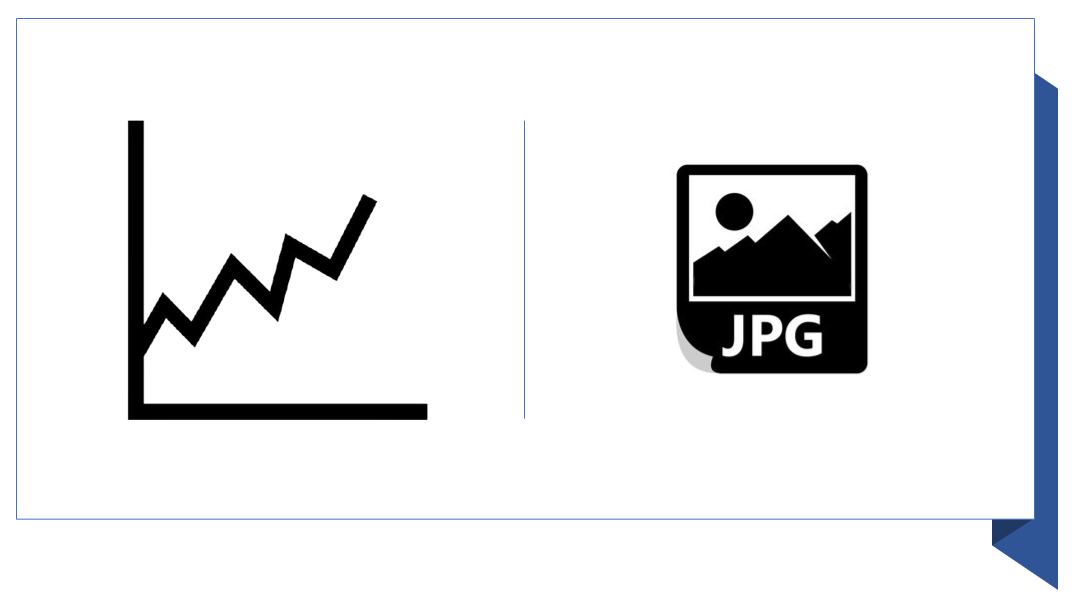Useful Tips for your Technical Writing Journey
 Saharsh Laud
Saharsh Laud
There is no better feeling in this world than having your thoughts transformed into words and those words being helpful to other people. The entire essence of Technical writing is to convert complex technical terminologies into a clear, concise, and easily understandable format for your audience.
While the result of technical writing seems to be quite clear, the process of reaching that goal is definitely not a piece of cake. The main point here is to keep things simple for the audience which a lot of writers struggle to incorporate in their write ups.
I recently had the chance to be a part of the Hashnode Technical Writing Bootcamp where I met some of the most outstanding personalities in the technical writing community ( Quincy Larson , Sam Sycamore , Edidiong Asikpo , Chris Bongers and many others) and the tips and suggestions shared by them surely helped me to shape my thoughts and actions as a technical writer.
Here are some tips that I think are useful for any technical writer despite the experience level or background:
Beginners Mindset is an Asset

Being a beginner at technical writing might be quite intimidating at times but this lack of expertise can be your biggest advantage also. There are millions of beginners out there just like you who are trying to figure out different technologies. Writing articles with a beginner's mindset makes it easier for the other beginners to relate to your content since they might also have gone through the same steps and encountered the same problems that you did.
So every time you're learning something new just write about it, the steps that you followed, and any issues that you encountered. This way you'll not only connect with other beginners like yourself but also get your issues resolved by someone who had the same problems and has resolved them.
Let your personality shine through your articles

Always try to provide a personal tone to your articles instead of copying the theme of an existing article. Being yourself is the best way for your articles to be interesting and unique from the other articles. Nowadays many writers plagiarize technical content and don't even provide proper credits. Just be yourself and try to find your own voice because even if one of your articles blows up, you'll be able to build an audience for yourself and those people will start to notice you for your personality.
Understanding your audience

One of the greatest mistakes technical writers make is an improper perception of their audience. An article on advanced React concepts is of no use if a majority of your readers are beginners in React. So, before writing an article always ask yourself some basic questions such as - What does the audience need? Where will they be reading it? When will they read it? ,etc.
Through this, you shall have a clear idea of whether your audience requires an in-depth article or a short and simple post, whether the article will pertain to beginners, intermediate or expert audiences, and many other aspects that'll help you to frame your entire article. All your articles should convey proper technical facts but more importantly to the proper audience.
Research

The backbone of technical writing lies in the research around the topic that you are writing on. Try to understand every minute detail of the topic clearly and before writing an article to explain it to your audience. Lack of proper research and correct technical information is what stops an ordinary writer from becoming extraordinary.
If you have sound knowledge about the concepts that you want to write on, you can easily break them down into simpler ideas to better explain them to your audience and the only way to do so is through rigorous research. In short, Google the hell out of things that you want to write about.
It's okay to not know

Sometimes you might not have all the desired skills required for technical writing and that is totally fine. The most important aspect of technical writing is to start writing even if you might not know certain things. Just start writing because you can always learn other skills on the way. There are a lot of resources that can help you such as technical writing courses, style guides, technical communities, etc.
Proper Reviews

Reviewing and proofreading are essential tasks that should be performed multiple times before publishing an article online. Don't be in a rush to publish your article after the first draft. If possible take some time off from the article after finishing the first draft and then try to come back for a second look at it. This way you will have a fresh start for your review and you might even notice certain pointers that you didn't notice before.
Try to fine-tune your article to perfection. However perfect your first draft might seem there are always some changes that you can do. You can even take help from your friends, colleagues, community members to review your draft and provide suggestions. It is always better to publish a properly reviewed article than the first draft.
Grammar

Believe it or not but all great technical articles have one thing in common, "proper grammar". Grammar is the base of an article and improper grammar might lead to falling interest from the readers. However great your technical knowledge and skills might be, if you can't follow basic grammar rules in your write ups, this knowledge is of no use to your audience. Articles with grammatical errors often detract from the message or image the writer is trying to portray. So always pay attention to the grammar in your article and you can even use tools such as Grammarly for your assistance.
Try to be consistent
 Chris Bongers during his session at Hashnode Bootcamp said that there can be two meanings to being consistent according to him:
Chris Bongers during his session at Hashnode Bootcamp said that there can be two meanings to being consistent according to him:
1. Consistency of Time
2. Consistency of efforts
Consistency of time simply means that you are consistent in the time that you spend on writing and publishing articles. Consistency of efforts means that you put in a constant effort in all your articles no matter how the article performs online. Both of these standards correspond to consistent writing.
Being consistent is a key factor because many writers start with huge excitement and might even publish several articles in the initial phases but then as time passes several factors such as personal problems, work schedule, content not getting traction, etc. might lead to fading away of the excitement and efforts.
Always try to keep writing despite all other things in your path and try to set some weekly or monthly writing goals to help you remain consistent because readers love to get fresh content and writing might even help you to de-stress yourself.
Tooling
 You might be giving your best efforts but with proper tooling, you can enhance your productivity even further. There is a huge array of tools available for each and every requirement whether it be publishing, authoring, scheduling, image editing, spell-checking, or anything else.
You might be giving your best efforts but with proper tooling, you can enhance your productivity even further. There is a huge array of tools available for each and every requirement whether it be publishing, authoring, scheduling, image editing, spell-checking, or anything else.
Grammarly is probably the most used spell-check tool in the world and you can use its features to ensure proper grammar in your articles. Notion is another great tool that can be used to keep a list of article ideas, schedules, and even drafts for reviewing.
The word tooling is not specifically restricted to software tools or apps. Any resource that can assist you in your technical writing journey can be considered a tool. Writer's groups, blogging communities, discord channels, events, social media, etc. are all such tools that might not have a specific set of features for you but they will surely help you enhance your content.
Graphics and Stats

Graphics and visual aids can help your readers to better understand a particular concept. Always try to include proper graphics such as images, illustrations, or videos that are related to the idea that you are focusing on. Visuals appeal more to the audience than written content and if you can have a perfect blend between the two, then you'll surely have better audience retention for your articles.
While graphics and images enhance the look and feel of your draft, statistics help in building trust and credibility around your technical content. Including properly researched statistics along with the reference to the source is generally considered a good practice especially for technical articles.
Last Words…..
So there you have it! These were some of the tips that will surely help in your technical writing journey.
Many people think technical writing to be too complex as a profession or even a part-time hobby but the reality is that the complexity of technical writing lies in the writer's mind. Presenting information in a simple and easy to grasp manner is the main focus of technical writing which if followed correctly will automatically drive the audience towards your writeups. So what are you waiting for grab a cup of coffee and get started on that blog post!
Hope you enjoyed my blog. Thanks for reading!
Feel free to comment, share and reach out to me on Hashnode , Twitter , or LinkedIn .
Subscribe to my newsletter
Read articles from Saharsh Laud directly inside your inbox. Subscribe to the newsletter, and don't miss out.
Written by

Saharsh Laud
Saharsh Laud
I have been working as a Technical Writer for quite some time now and I have published various tech articles focused around Python, product reviews, cloud, opensource, etc.